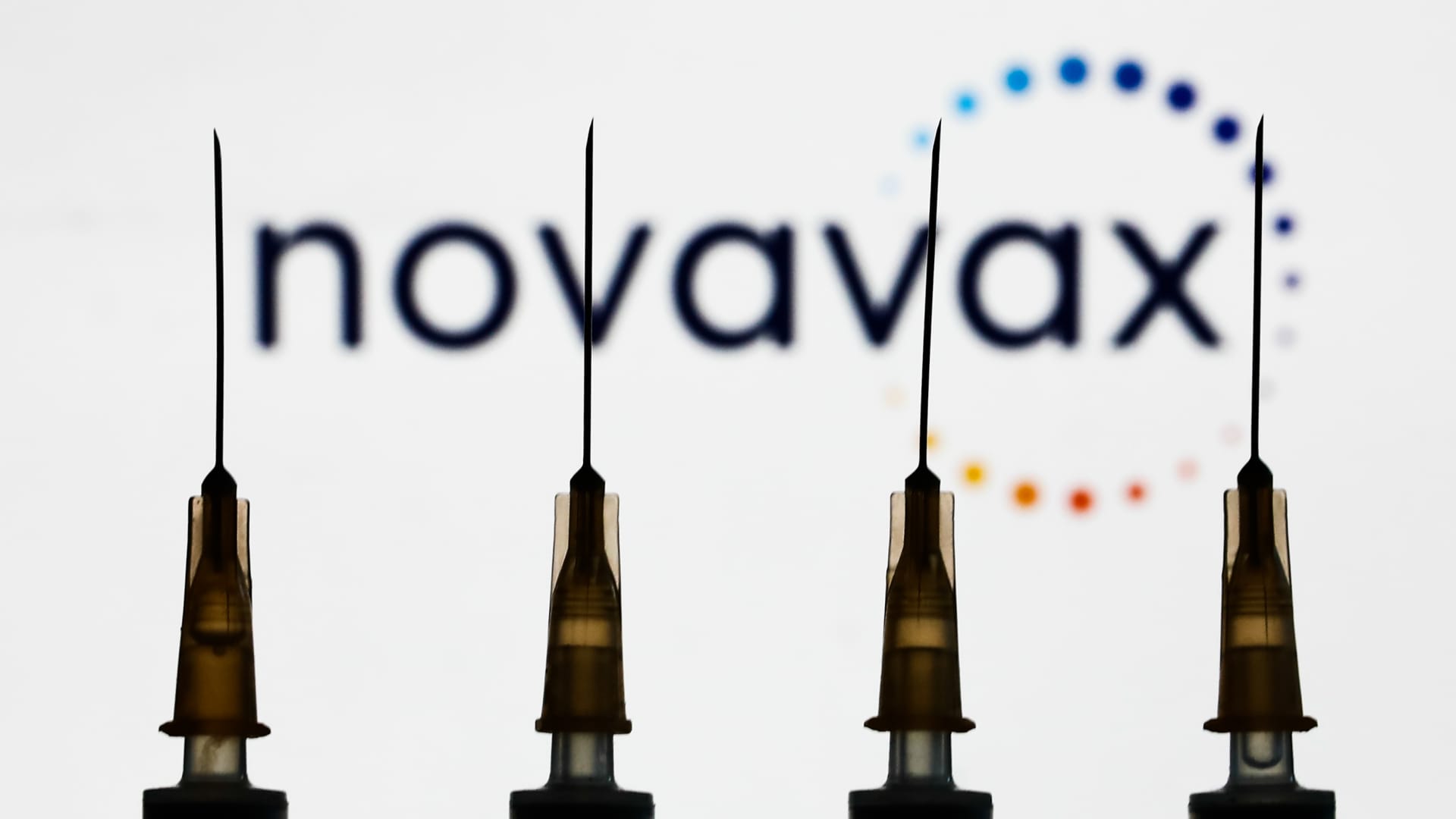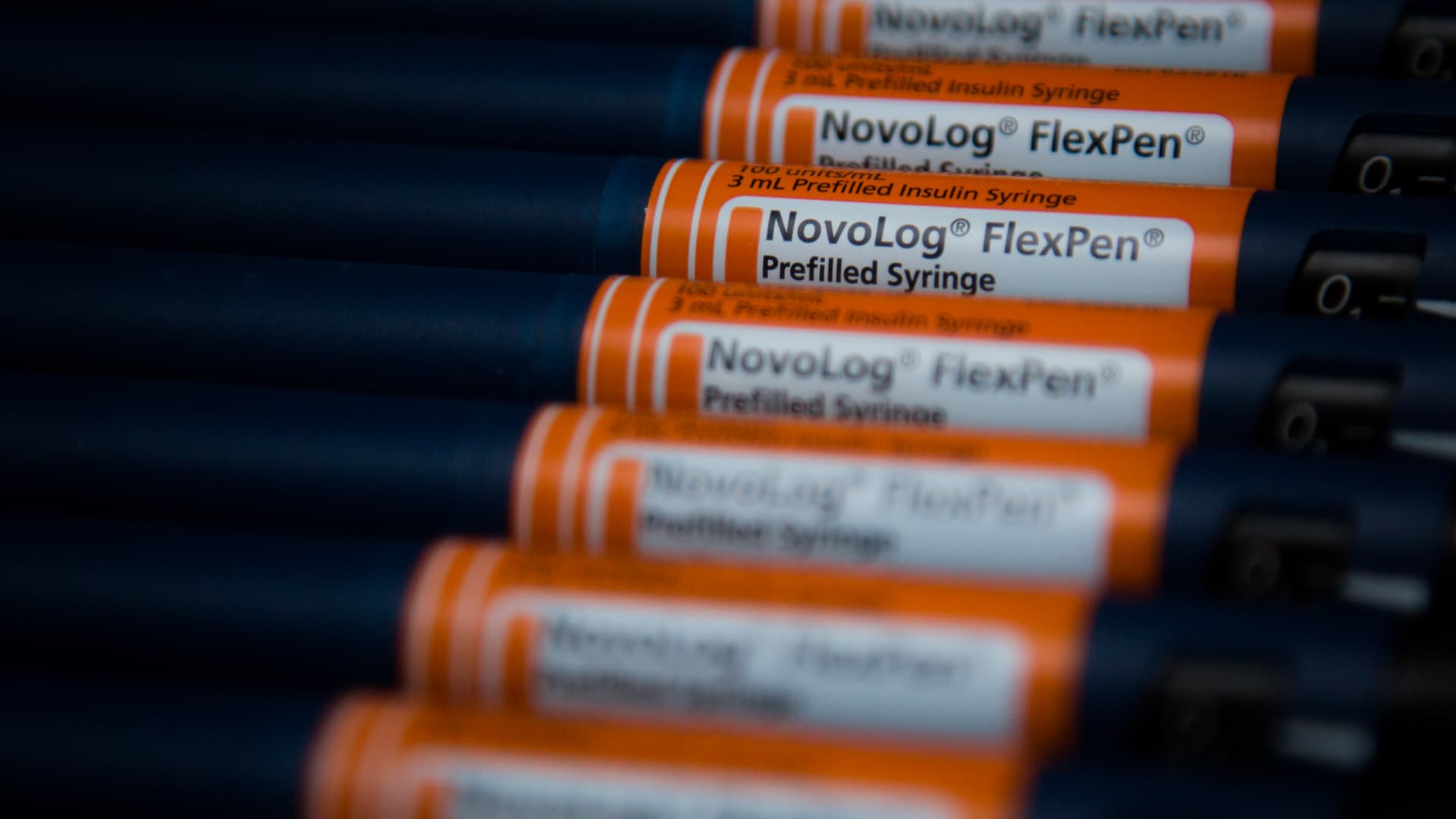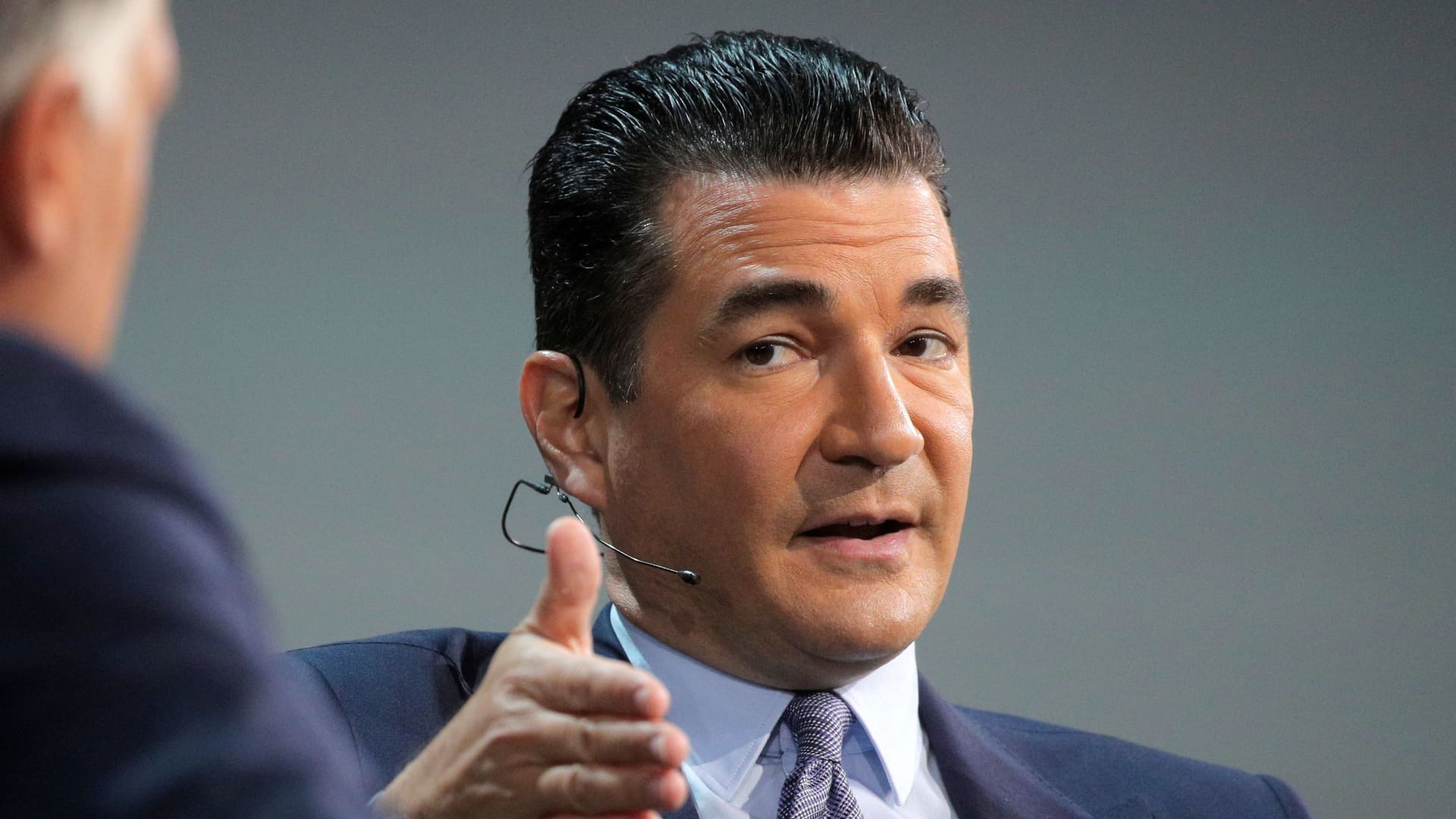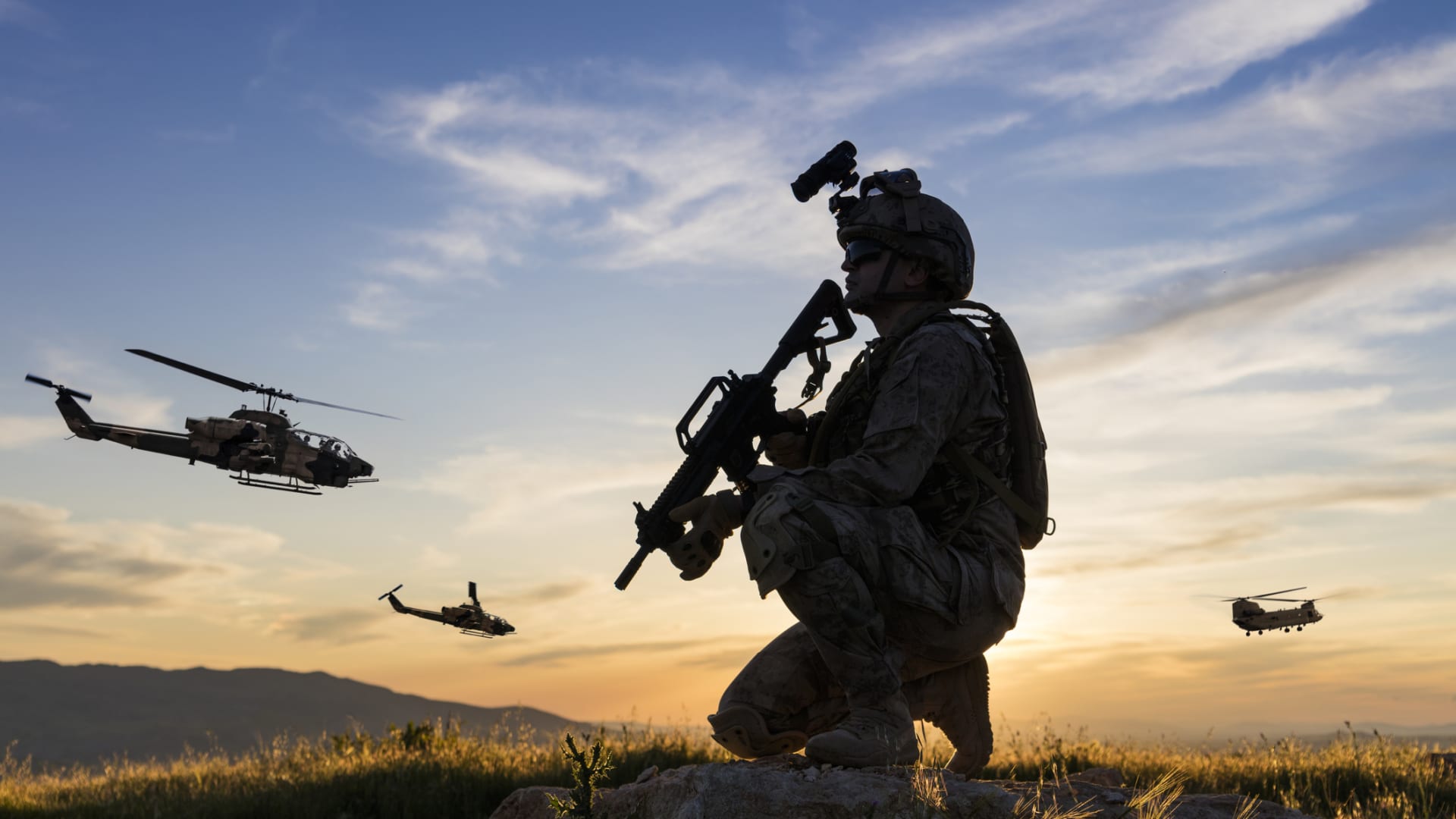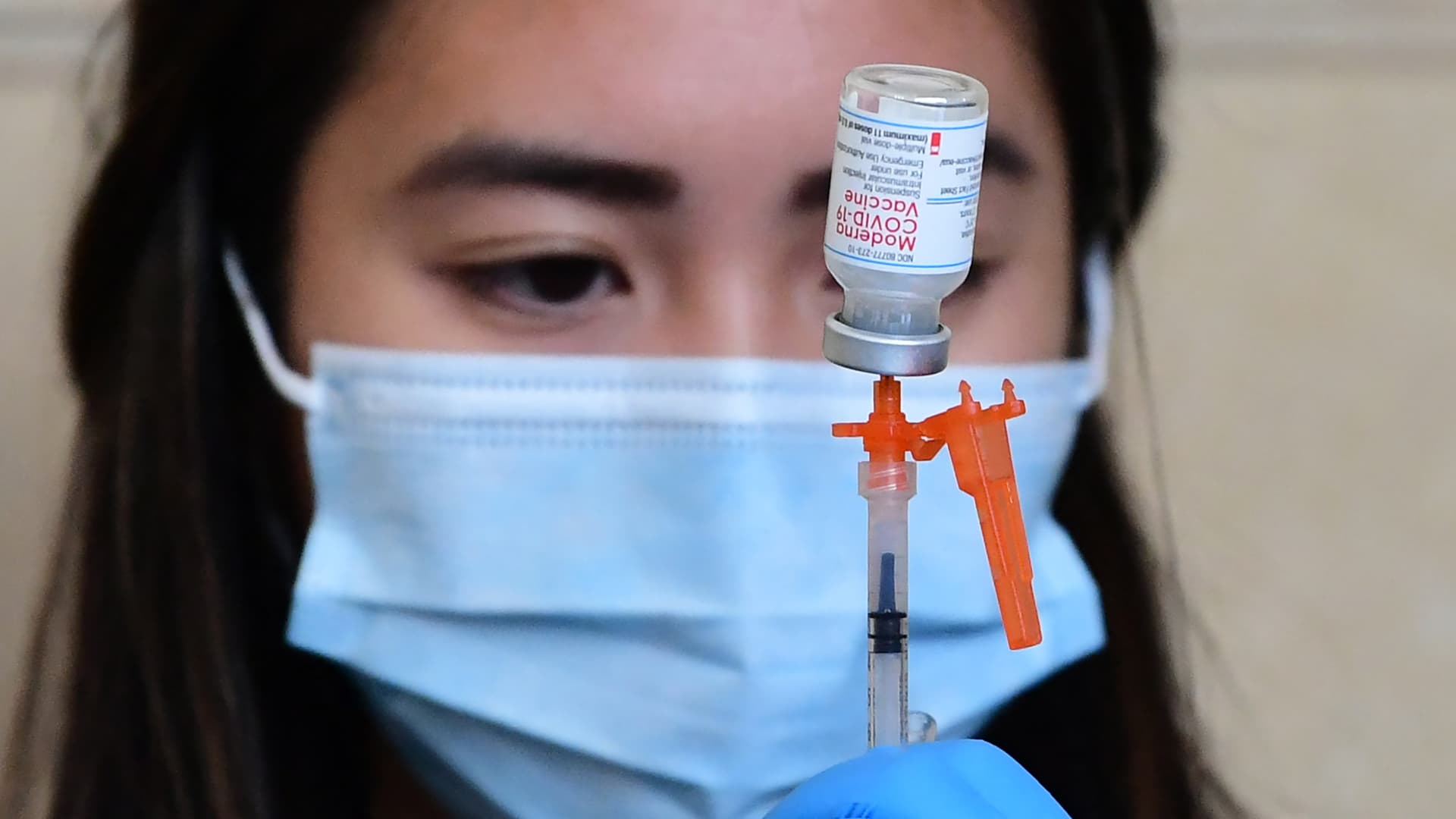Omicron boosters are weaker against BQ.1.1 subvariant that is rising in U.S., study finds
The boosters did not trigger a robust response against BQ.1.1. People with a prior history of infection who received the booster had a stronger response
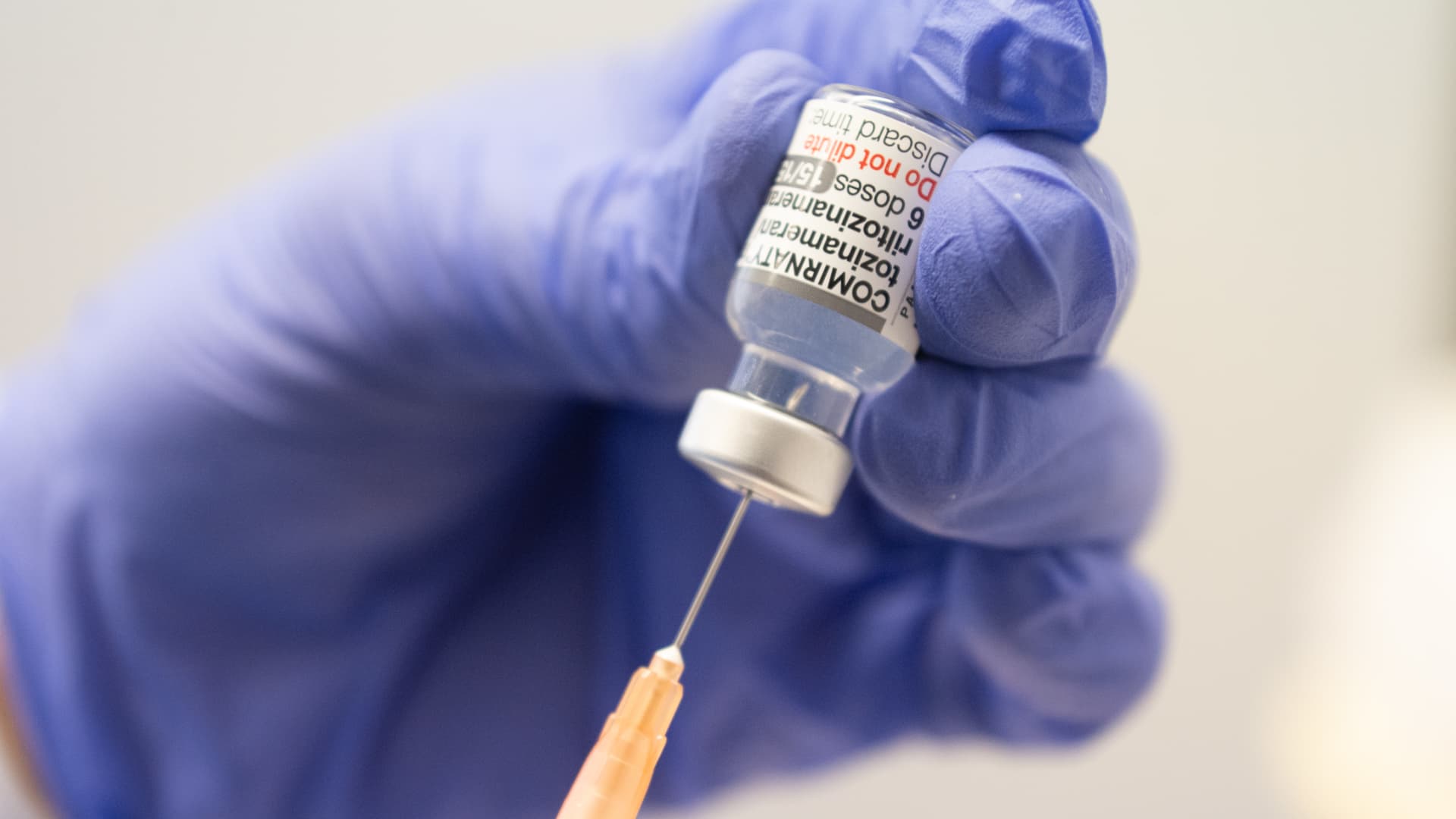
A staff member draws up a syringe with the Comirnaty vaccine from Biontech and Pfizer adapted to the Omicron-BA.1 variant at the Mainz vaccination center.
Sebastian Christoph Gollnow | dpa | Picture Alliance | Getty Images
Covid shots designed to protect against the omicron variant trigger a weaker immune response against the rapidly emerging BQ.1.1 subvariant than the previously dominant strain, according to a new lab study.
Scientists at the University of Texas Medical Branch, in a study published online Tuesday in Nature Medicine, found that the booster shots performed well against the BA.5 subvariant they were designed to target.
But the boosters did not trigger a robust response when faced with BQ.1.1, the scientists found. Antibodies were about four times lower against BQ.1.1 compared with BA.5. These neutralizing antibodies prevent the virus that causes Covid-19 from invading human cells.
People with a prior history of infection who received an omicron booster, however, had a stronger response to BQ.1.1. Antibodies that neutralize BQ.1.1 were nearly four times higher in this group compared with individuals with no history of infection who faced the subvariant, the scientists found.
About 42% of adults in the U.S. have a prior history of infection, according to study published by the Centers for Disease Control and Prevention last week. The results were based on adult blood samples collected from August 2021 through May 2022.
Omicron BQ.1.1 subvariant appears on track to become the dominant variant in the U.S. It currently makes up about 32% of infections in the U.S., according to CDC surveillance data. Omicron BA.5, on the other hand, now represents about 14% of new infections.
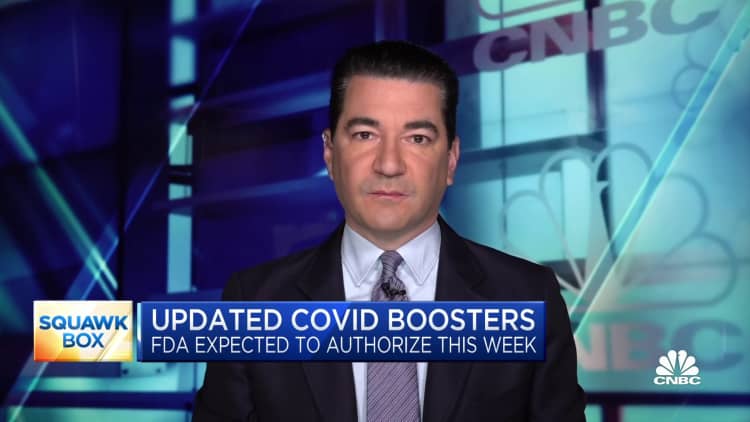
The boosters performed the weakest against the XBB.1 subvariant, the scientists found. Antibodies were more than eight times lower against XBB.1 than omicron BA.5. However, people with a prior history of infection who receive the booster had three times as many antibodies against XBB.1 than people with no Covid history, according to the study.
Dr. Anthony Fauci, White House chief medical advisor, said last month that protection provided by the boosters drops somewhat against BQ.1.1, but diminishes multifold against XBB.
"So, you could expect some protection, but not the optimal protection," Fauci told reporters at a White House press briefing before the Thanksgiving holiday.
The Texas study examined blood samples of 29 people with no history of infection who received the omicron booster; 23 samples from people who received the booster who did have a history of infection; and 25 people who received a fourth dose of the original vaccine.
The samples were collected 14 to 32 days after the omicron booster and 23 to 94 days after the fourth dose of the original vaccine.

 UsenB
UsenB 







